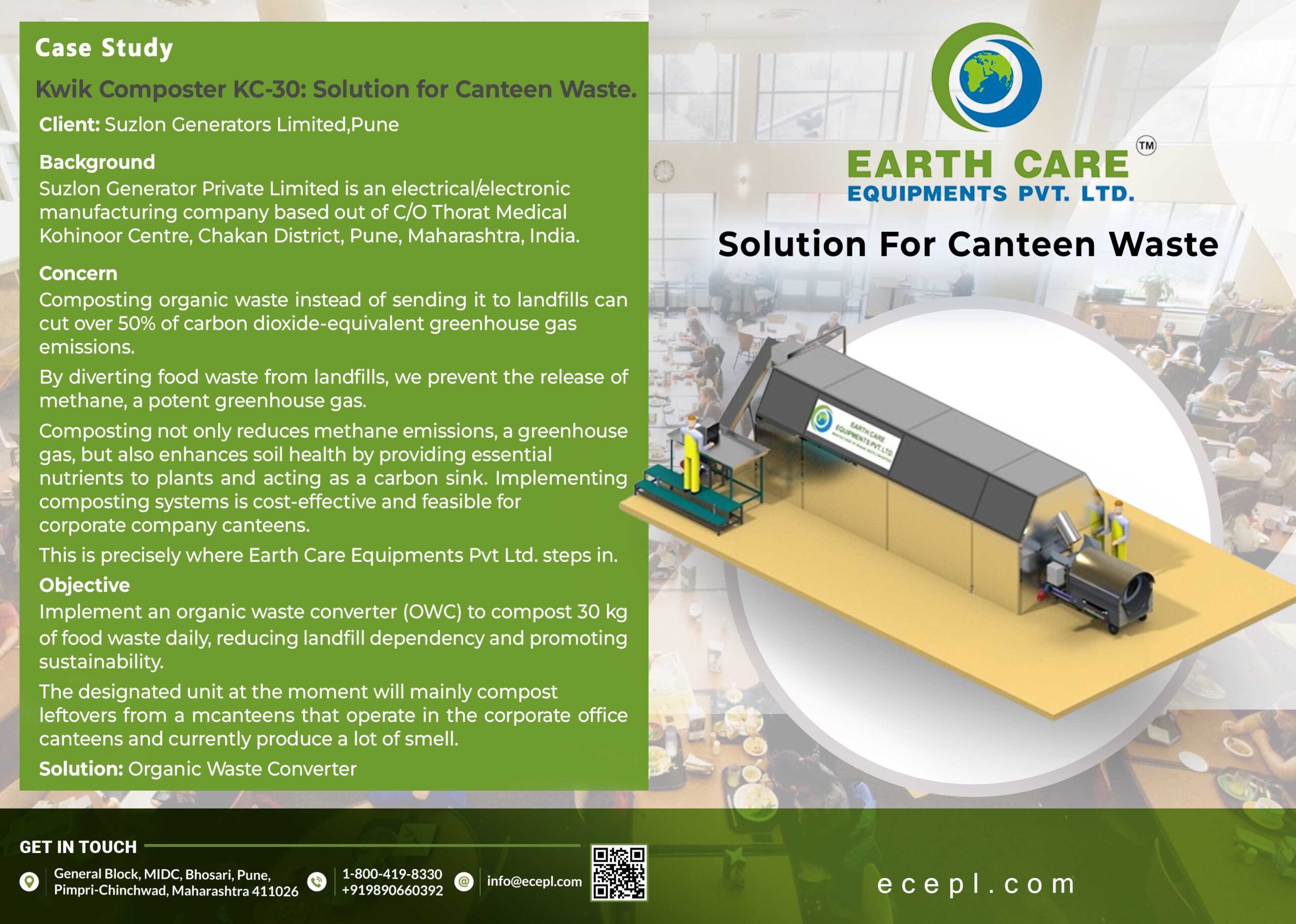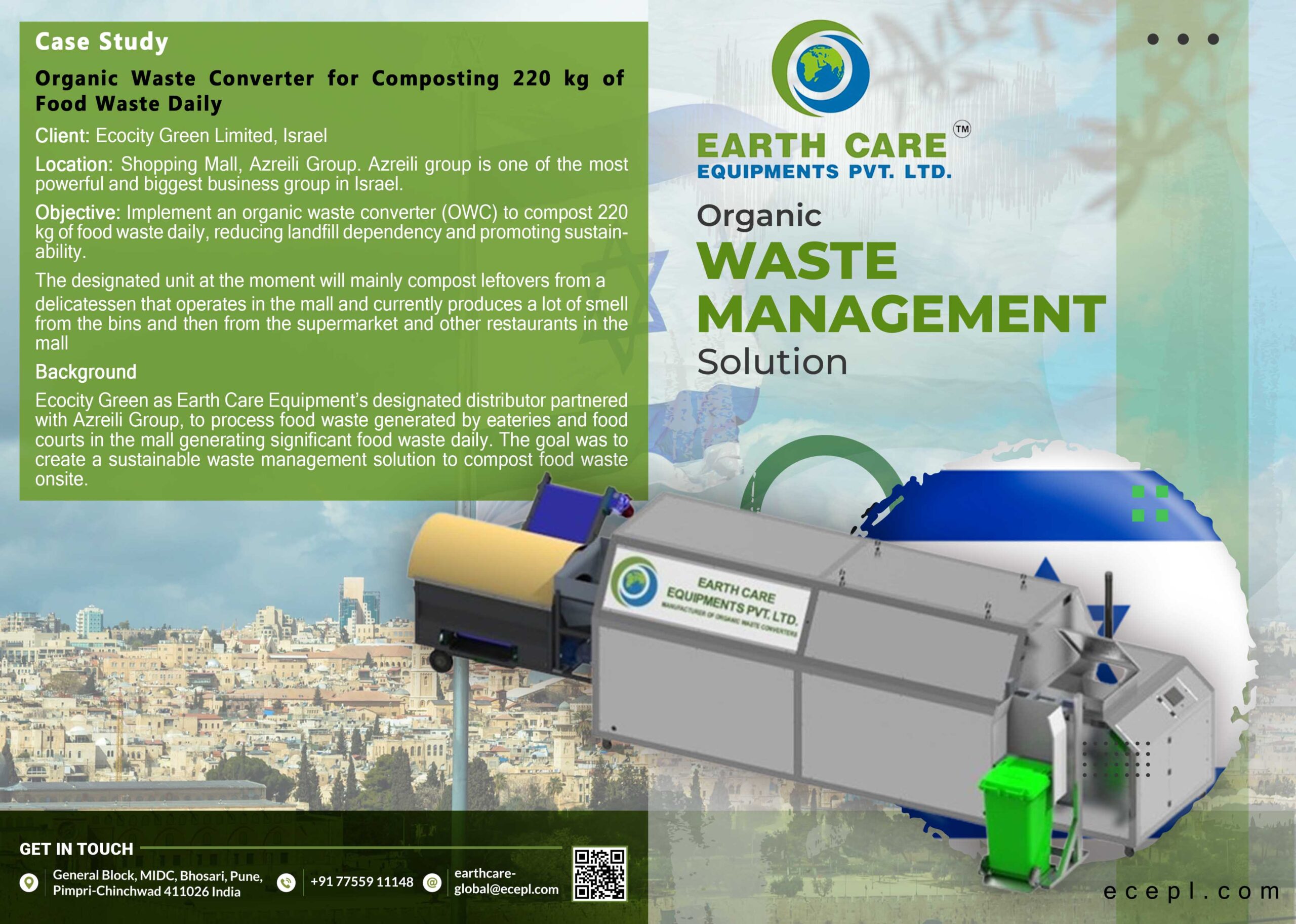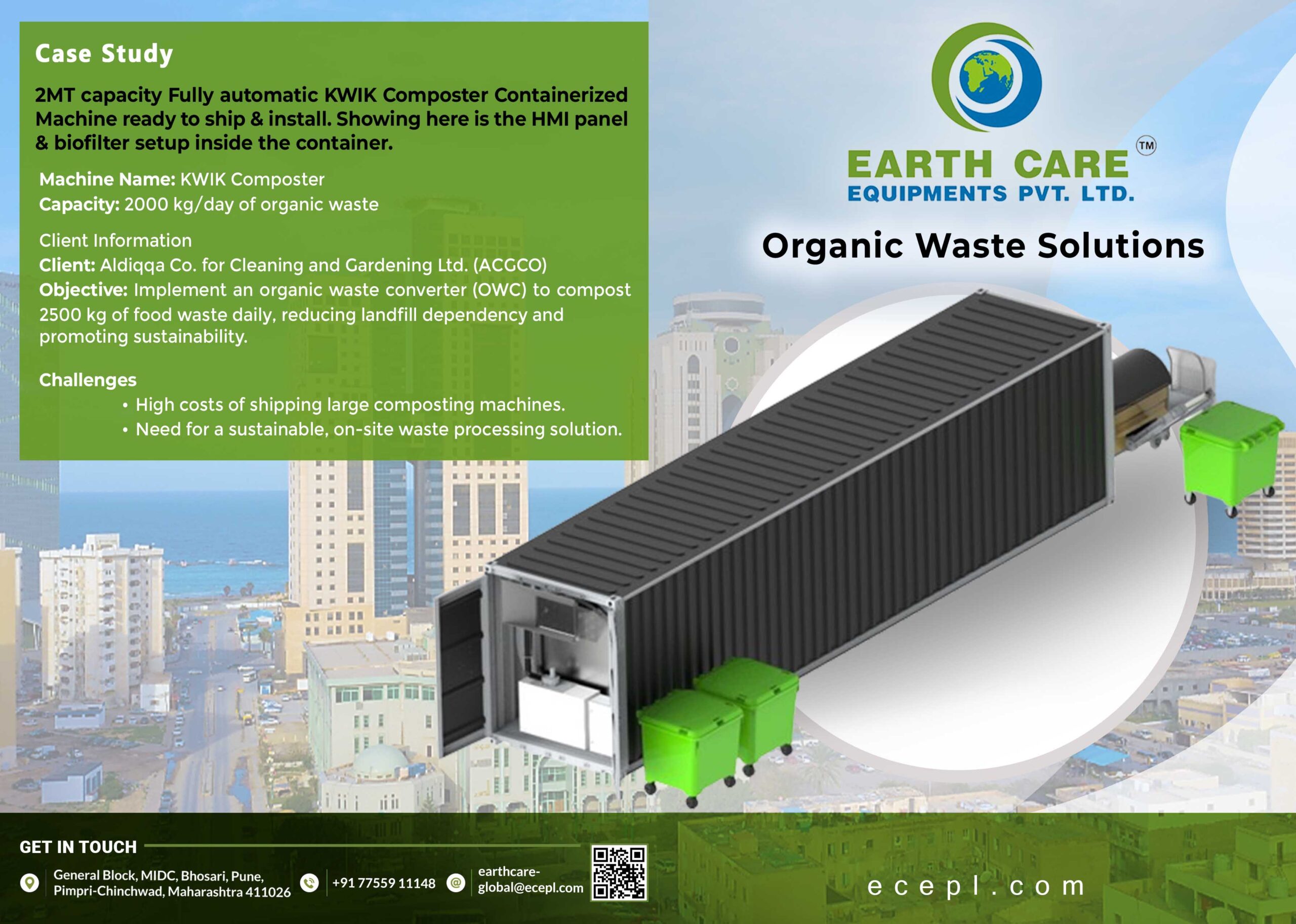
In today’s era of heightened environmental awareness, businesses across the globe are increasingly turning to sustainable practices to mitigate their carbon footprint. Among the array of eco-friendly solutions, biogas emerges as a promising avenue for reducing greenhouse gas emissions while addressing organic waste management challenges. Concurrently, the debate surrounding compostable versus biodegradable packaging continues to confound consumers and businesses alike. In this article, we delve into the realities of these two sustainable approaches while shedding light on the transformative potential of biogas technology.
Biogas: A Pathway to Sustainable Energy
Biogas, a renewable energy source derived from organic materials like agricultural residues, food waste, and sewage, holds immense promise in the realm of sustainable energy production. Through anaerobic digestion, microorganisms break down these organic materials, releasing a mixture of methane and carbon dioxide—commonly known as biogas. This gas serves as a flexible and eco-friendly option for heating, generating electricity, and powering vehicles, providing a versatile alternative to conventional fossil fuels.
Top of Form
Earthcare Equipment stands at the forefront of this green revolution as a manufacturer of Organic Waste Converter machines, facilitating the conversion of organic waste into valuable biogas. By harnessing biogas technology, businesses can not only address their organic waste disposal needs but also contribute significantly to reducing greenhouse gas emissions. The utilization of biogas as an energy source displaces the need for fossil fuels, thereby mitigating the release of harmful pollutants into the atmosphere.
Unraveling the Truth: Compostable vs. Biodegradable Packaging
In the pursuit of eco-friendly packaging options, the interchangeable use of “compostable” and “biodegradable” often confuses both consumers and businesses. However, it’s crucial to understand the distinctions between these two concepts.
- Compostable Packaging: Compostable materials undergo biological decomposition under specific conditions, resulting in the formation of compost—a nutrient-rich soil amendment. Certified compostable packaging items break down into organic matter, water, and carbon dioxide, leaving behind no toxic residues. However, for successful composting, these items require specific environmental conditions, such as adequate moisture, oxygen, and microbial activity.
- Biodegradable Packaging: Biodegradable materials have the inherent ability to break down naturally over time, facilitated by microorganisms present in the environment. Biodegradable packaging, unlike compostable materials, may not fully break down into beneficial compost and could potentially leave behind residues or microplastics. Moreover, the timeframe for biodegradation varies depending on factors such as material composition and environmental conditions.
Summary,
Embracing biogas technology and understanding the nuances of compostable and biodegradable packaging are crucial steps toward achieving sustainability goals. Through informed decision-making and innovative solutions like those offered by Earthcare Equipment, businesses can pave the way for a greener, more environmentally conscious future.
FAQs:
- How does Earthcare Equipment’s Organic Waste Converter contribute to biogas production?
Earthcare Equipment’s innovative machines utilize anaerobic digestion to convert organic waste into biogas. By processing organic waste efficiently, these converters generate biogas that can be used as a sustainable energy source, thereby reducing greenhouse gas emissions.
- What are the environmental benefits of using biogas as an energy source?
Biogas production offers several environmental advantages, including reducing methane emissions from organic waste decomposition, displacing fossil fuel consumption, and mitigating air and water pollution associated with traditional energy sources. - Are compostable packaging materials suitable for all waste management systems?
Compostable packaging requires specific composting conditions to break down effectively. While industrial composting facilities can accommodate these materials, home composting systems may not provide the necessary conditions for rapid decomposition.




